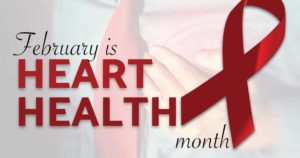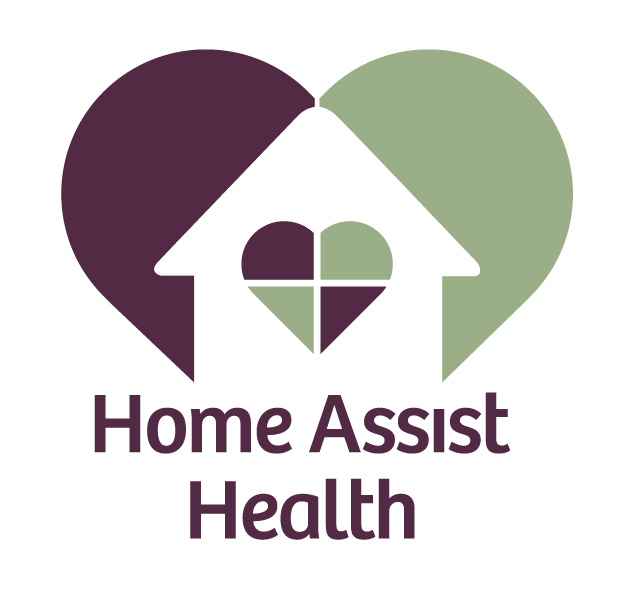 Did you know that 83.6 million American adults suffer from cardiovascular disease, according to the American Heart Association? Moreover, half of those are age 60 or older. In honor of American Heart Month this February, we wanted to share some important caregiving tips for those with heart disease. The right care can improve and save lives. Here are a few key tips:
Did you know that 83.6 million American adults suffer from cardiovascular disease, according to the American Heart Association? Moreover, half of those are age 60 or older. In honor of American Heart Month this February, we wanted to share some important caregiving tips for those with heart disease. The right care can improve and save lives. Here are a few key tips:
Diet: What goes in affects the body. The best thing to fuel your body is eating plenty of fresh produce, lean meats and whole grains. When reading nutrition labels, be particularly cautious about sodium levels as too much salt can be particularly dangerous for people with heart failure. As with most things in life, moderation is key. Your aging loved one can likely still indulge in favorite things, but keep portion sizes small. Many caregivers can turn to dietitians for help with customizing a meal plan for their loved one’s specific requirements.
Movement: It inevitable that as you age, movement becomes slower. Movement can be as simple as moving from side to side in a chair, or moving arms and legs back and forth to get the circulation and blood flowing to the rest of your body. While getting started can be a challenge in the case of sedentary seniors, it’s worth the effort. Start small but try for 30 minutes a few days a week and build from there, alternating days between aerobic exercise and strength training. The best part? In addition to cardiovascular benefits, seniors can also gain better balance and alleviation of arthritis symptoms to enhance self-esteem. One particularly effective way for caregivers to get seniors up and moving? Exercise along with them.
Medication: An abundance of research connects patient engagement levels with healthier outcomes. As much as possible, encourage your aging loved one to manage and track their own medication using tools such as pillboxes and reminders. If this is no longer a task he or she is able to manage alone, enlist the help of a family member or caregiver.
It’s also important to keep a current list of all medications, including those that are over-the-counter, which should be reviewed by your loved one’s doctor at every visit. This can help prevent “polypharmacy,” a dangerous and yet common situation involving the effects of multiple medications.
Prevention: If you notice symptoms such as leg swelling, dizziness, shortness of breath, or new chest pain, it’s important to check in with your loved one’s physician as these changes may indicate a more serious condition. If you think a situation may be an emergency, call 911. In matters of heart health, it is always better to be safe than sorry.
Remember: your aging loved one’s healthcare team can offer invaluable partnership when it comes to learning how to manage your loved one’s condition. If possible, attend appointments with your loved one, ask questions, and take notes.
One last thing to keep in mind? Caring for someone with a chronic disease can be overwhelming. In order to avoid burnout while continuing to provide care, make sure to acknowledge your own health care needs, as well.
